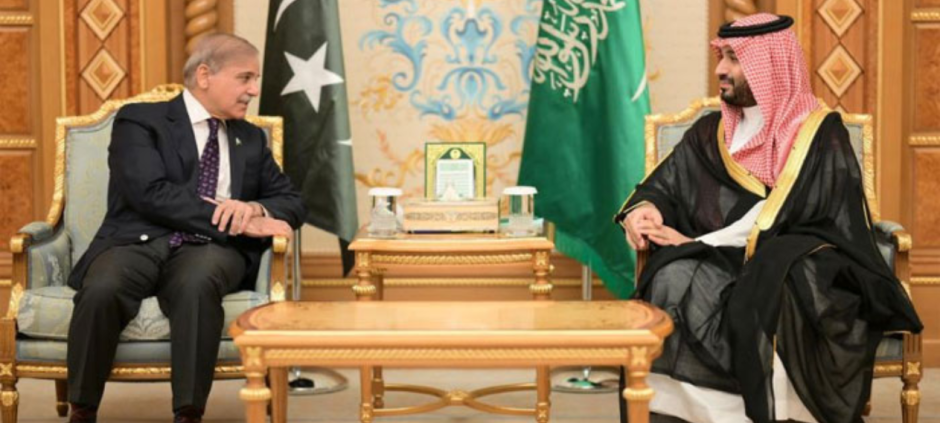Saudi Arabia has extended the repayment period of Pakistan’s $3 billion debt for another year, marking the third extension in three years. This comes as Pakistan continues to face difficulties in generating enough foreign non-debt inflows to repay its obligations. The extension, announced by the State Bank of Pakistan (SBP), will now mature in December 2025, after being initially placed for one year in 2021 and rolled over twice since then.
Pakistan is seeking similar extensions for its debt obligations from China and the United Arab Emirates (UAE) to avoid default, as it faces at least $13 billion in repayments to these three countries by mid-2024. These extensions are part of a broader strategy that Pakistan and the International Monetary Fund (IMF) have been implementing to secure debt rollovers from major bilateral creditors.
Also Read: Circular Debt Expected to Rise by Rs545b
In addition to the $3 billion maturing in December, Saudi Arabia has another $2 billion deposit due in June 2024. The UAE debt, including $2 billion due in the next few months, will also need to be extended. Furthermore, Pakistan owes around $8 billion to China over the next six months, including cash deposits and commercial loan repayments.
China remains Pakistan’s largest bilateral creditor, with $29 billion in loans, followed by Saudi Arabia with $9.2 billion. Pakistan’s total external debt stands at around $131 billion, and servicing this debt has become increasingly challenging, with debt repayments consuming 43% of the country’s export earnings.
Despite IMF involvement, the external financial support has not led to significant new lending. Consequently, the SBP has resorted to intervening in the currency market, keeping the dollar’s value artificially higher than the rupee. Estimates suggest that the exchange rate should be closer to Rs212 per dollar, but it currently stands around Rs278.
Pakistan’s foreign exchange reserves have risen slightly, reaching $12.1 billion after receiving $500 million from the Asian Development Bank (ADB), but they remain insufficient to cover the upcoming debt repayments. However, the country’s exports and remittances are showing signs of gradual recovery, providing some hope for future economic stability.
Pakistan has also requested China to reschedule another $3.4 billion in project-related debt for two years, which is critical for bridging a $5 billion external financing gap identified by the IMF during the signing of the September 2024 bailout package.











